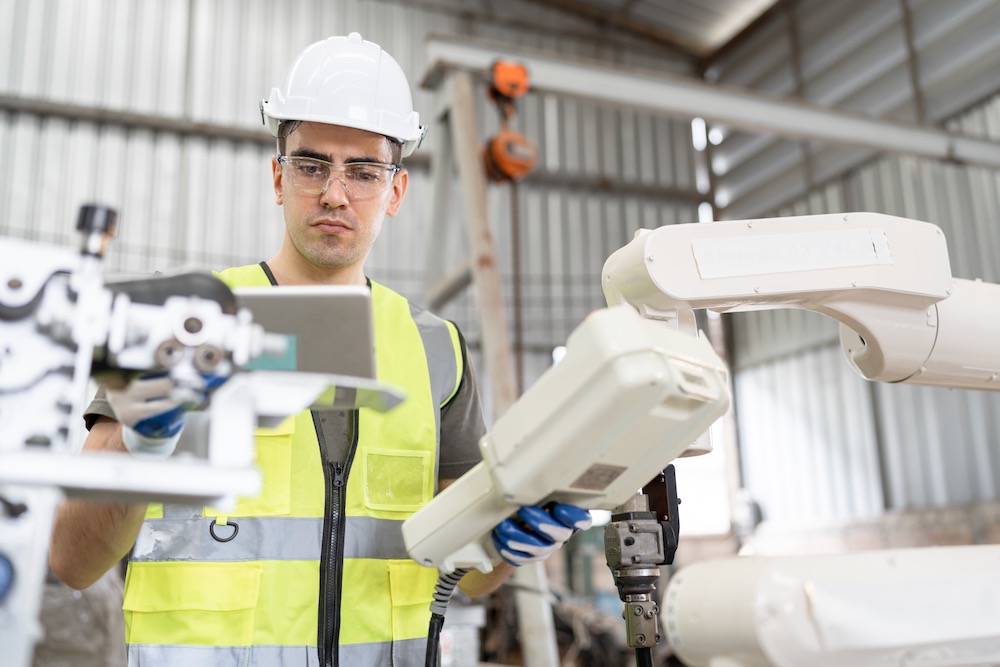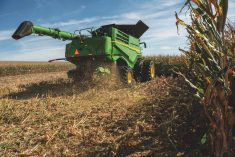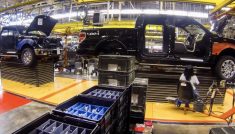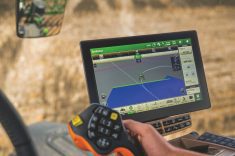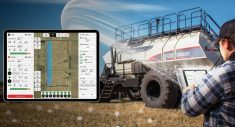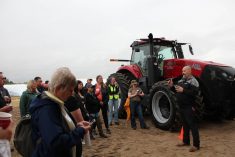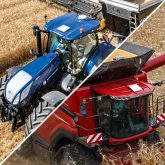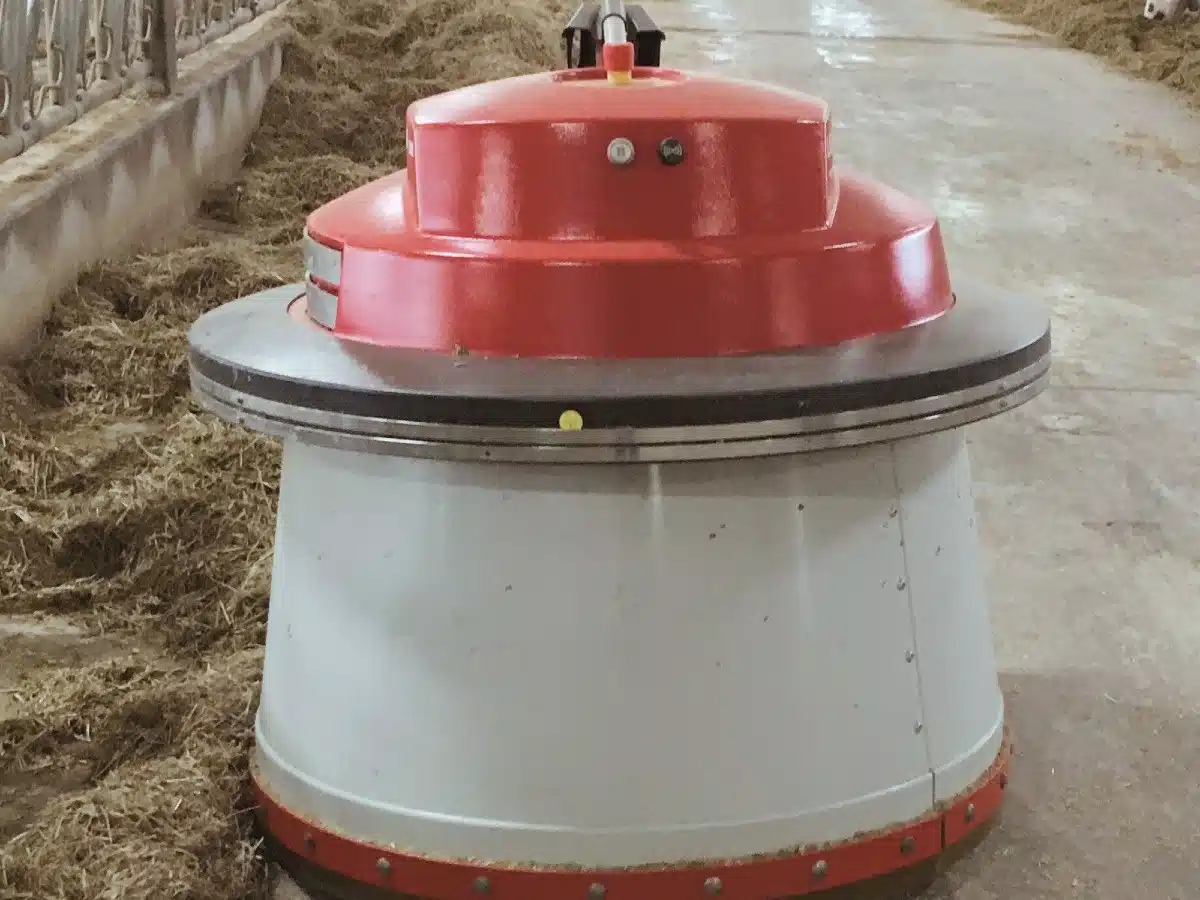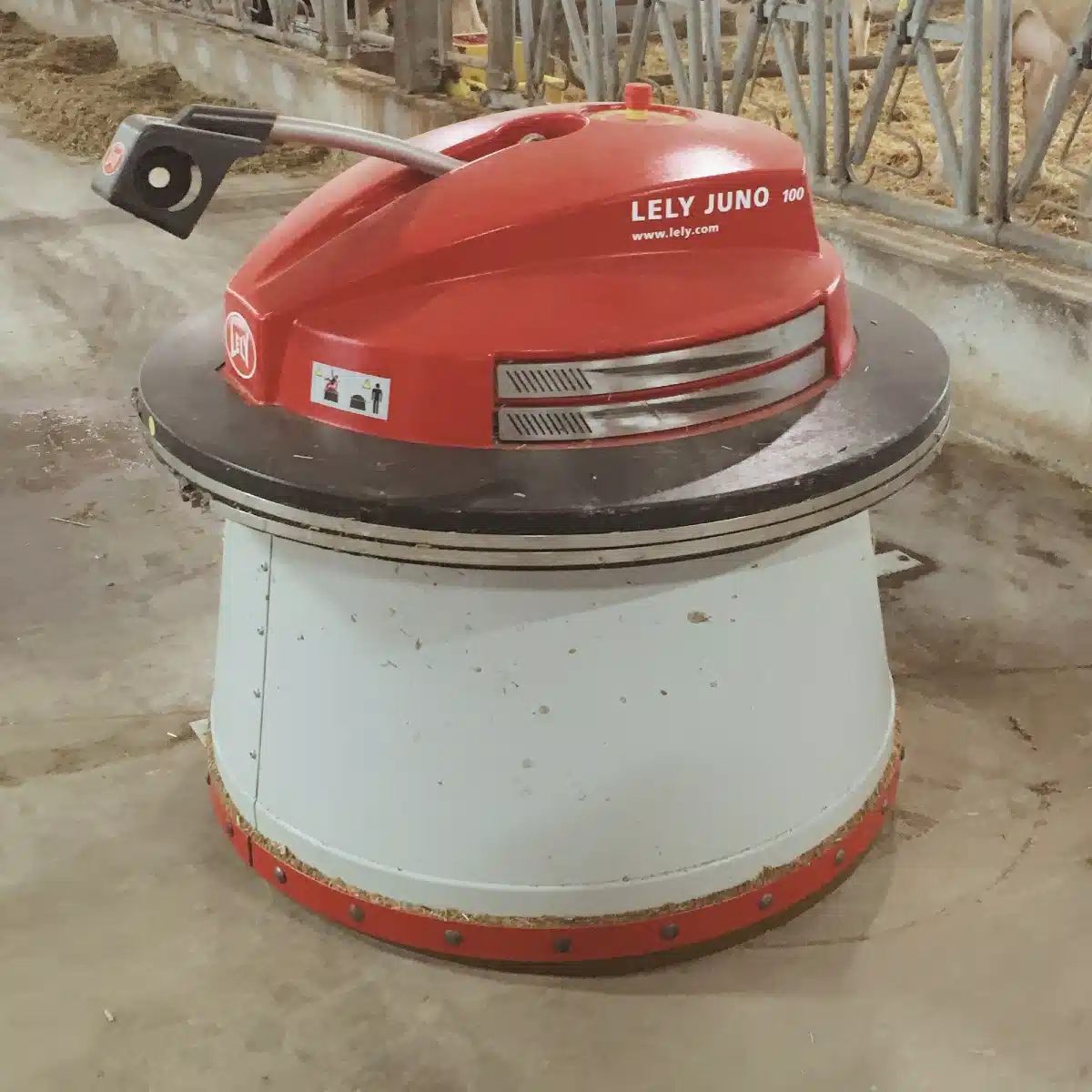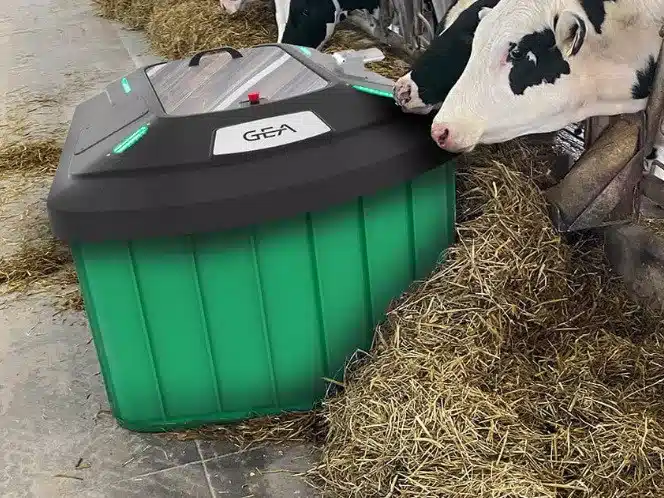Up until now farm kids considering college or university training have mostly turned to mechanics or agronomy as first choices. And it makes sense. Both are important skills that can still improve a farm’s operations.
But as technology has advanced, there’s now another option that can match the usefulness of those other two: mechatronics engineering technology.
It’s a blending of mechanical skills with some of the latest digital and electronics technology, says Kevin Rogers, academic chair of manufacturing and agricultural processing at Assiniboine College in Brandon, Man.
Read Also
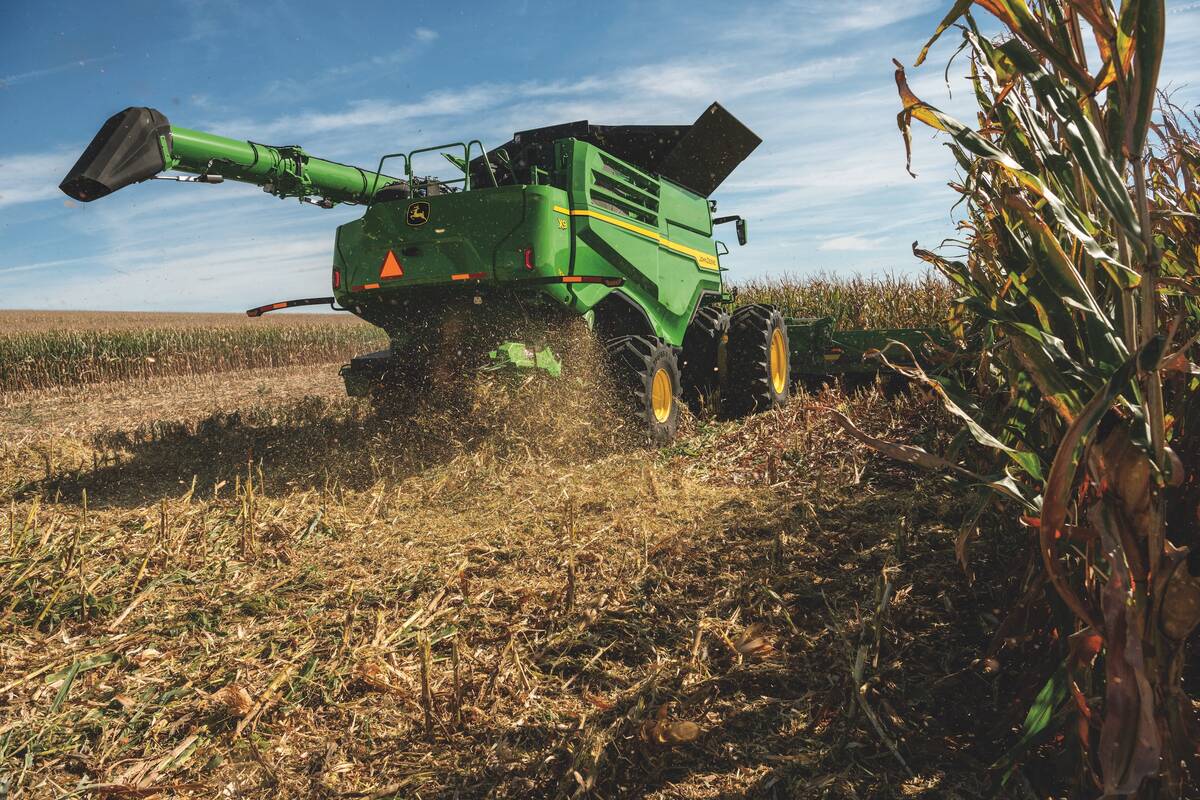
John Deere introduces updated tech for its combine line
The 2027 model year will see the debut of several new features for John Deere’s line of combines, particularly the X9.
“Mechatronics on its own at the highest level is a mixture of electronics, mechanics, controls and automation.”
Assiniboine announced in May it will soon begin offering a three-year mechatronics engineering technology program, with its first intake in the fall of 2025.
While other colleges and universities already offer similar programs, Assiniboine’s will focus on agricultural application of those skills.
“We’re going to keep it broad enough that it’s useful in a lot of different ways,” Rogers says. The program, and the examples it provides to students, will veer more toward agriculture, “but that’s broadly applicable to manufacturing, processing, building automation.”
READ MORE: Can autonomous systems cut costs?
With so much technology now available to the average person, having the skills to use it in novel ways that enhance work on a farm can make a significant difference to an average workday — and a farm’s overall efficiency. In a way, mechatronics training brings individualized advanced technology and automation to the masses, allowing anyone to apply it in a way that works for the unique needs of a farm.
“You don’t want (farmers) to be doing repetitive work that doesn’t take advantage of the skill sets and creativity that people have,” Rogers says. “This allows people to be creative, figure out how things work and make things better.
“I think it’s less of a profession and more of a way of thinking. It’s people thinking, ‘I’ve done this the same way for 20 or 30 years; I can automate that. And I can spend my time figuring out how to make my business better, my equipment better or more flexible.’
“It’s using automation and robots for what they’re good at and freeing people up to use their innate skills for what they’re good at.”
The program will also provide the skills for specialized off-farm jobs that are currently in demand almost everywhere.
“When you look at job ads for control engineers, the instrument technologists, the robotics technologists in our area, they’re not getting filled. So we aim to provide the people that can fill those jobs,” Rogers adds.
To provide a broad foundation to students, “the first year is foundational, so you get physics, math, how to draw, how to communicate and work in teams,” he says. “Going into the second year you’ll do a lot of electronics and a bit on the mechanics side. We’re going to tend to use more 3D printers. Then we’ll get more into the mechatronics and robotics.”
While the program is just over a year away from its first intake of students, those interested in it can prime themselves for those studies now.
The most useful thing, Rogers says, is beginning to experiment with systems, understanding them and thinking about how to improve them. Feed your curiosity. Use the internet to expand your knowledge.
“When you look around, try to figure out how things work. Once you get curiosity about how things work, then you can say ‘I would do that differently. I might be able to make that work better.’
“If they want to get into coding, start looking at some of those new microprocessing boards that are out there for $3 to $5 you can start programming. Just mess around. Do what you can.”


